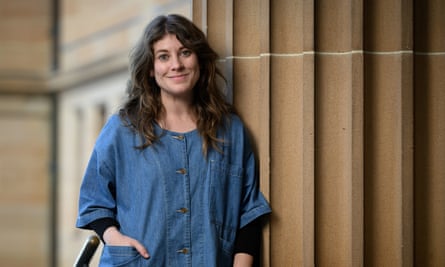The Guardian had an article on 29 January by Vanessa Thorpe, Arts and Media Correspondent, about proposed changed to the process of selecting fellows of the Royal Society of Literature.

Bernardine Evaristo, President, Royal Society of Literature
I quote from the article: “Fellows of the Royal Society of Literature, an august body founded in London in 1820, seemed poised to stride into the new year on a bold footing, with an inclusive programme of events and a revitalised membership. Its Booker prize-winning president, Bernardine Evaristo, alongside poet Daljit Nagra, chair of the society’s leadership council, were promising further modernisation soon.
But a major revolt among longer-term fellows is now threatening to destabilise the society. A council meeting of members next month will be forced to address a growing number of complaints.
‘There is a lot of turbulence,’ recent president Marina Warner told the Observer. ‘It is a question of a lack of respect for older members and a loss of institutional history, which was something fellows cherished.’
The RSL has not responded officially to public criticism, and did not respond to requests for comment, but this weekend the leadership sent out a letter to alert members to ‘a concerted campaign of disinformation’ and to ask them not to share this ‘misinformation’.
Set up under the patronage of George IV to ‘reward literary merit and excite literary talent’, the society, based in Somerset House, still has royal sponsorship from Queen Camilla. But those critical of its recent past speak of a ‘shambolic’ and ‘clubby’ institution – a place intended to shelter elite talent, rather than represent the wider community of accomplished writers.
‘The society should not just be for a group of older, rather entitled, people, however distinguished. These problems had to be sorted quickly,’ said one new fellow this weekend.
In a speech given last year, Evaristo challenged the assumption that the RSL was still ‘old-fashioned.’ It was, she said, now ‘very forward-looking, very progressive and committed to inclusion at every level’. Under the day-to-day leadership of director Molly Rosenberg the society has won greater funding and shed its cosy atmosphere.
But those same ‘radical moves’ heralded by Evaristo, designed to make the RSL more relevant and more diverse, have prompted a rebellion. The novelist and biographer Miranda Seymour recently resigned, and amid allegations of ‘scandalous’ disregard for proper procedures, a number of members have told the Observer they are considering following suit. This comes after the resignation in 2018 of Piers Paul Read in response to an initial call for younger fellows.
There are fears among members that the strife will soon rival divisions in the Society of Authors, where Philip Pullman stepped down as president last year because he claimed he could not speak freely in the role.
The RSL’s latest efforts to diversify followed Evaristo’s assessment that the charity ‘needed to change’ to become one that is ‘for all writers, rather than traditionally writers who are white and middle class’, and so last year 62 new fellows were inducted.
Plans for 2024 include a change to the method of electing fellows, who must have written a minimum of two distinguished works. Currently, to be recognised with fellowship an author must be nominated by an existing fellow or honorary fellow before being considered by the RSL council and senior officers. Under the new process the public will be invited to recommend writers for fellowship and then a series of broader-based election panels will consider the recommendations.
This is the sort of fundamental switch that unsettles writer Amanda Craig: ‘It used to be an enormous honour to become a fellow. But when people are just starting their writing careers, it is not the same.’
A former chair of the society, Anne Chisholm, told the Observer: ‘Of course the RSL, like all venerable institutions, has an imperfect past: it needed to change with the times. My worry is that the pace and style of change has lately been alienating too many fellows and disrespecting the RSL’s history.'”
I have given up my membership in RSL because it did not have events which interested me, not that I thought that there was anything wrong with the events. It is, clearly, an elitist and fusty organisation, but I think that any venerable institution invites disaster when it goes for sweeping changes. Far better, in my opinion to make careful, incremental changes, bringing the membership along at each step. The requirement for prospective fellows to have two distinguished works is probably fair, if one has a clear idea what a ‘distinguished’ work is. Under the old admission regime, long-time fellows looked for literary quality novels and scholarly non-fiction. Under the proposed regime, ‘broad-based election panels’ may have an entirely different idea of what a ‘distinguished work’ is. My concern is that literary quality may be sacrificed for popularity with particular readerships, genres, subject matters, or styles.












